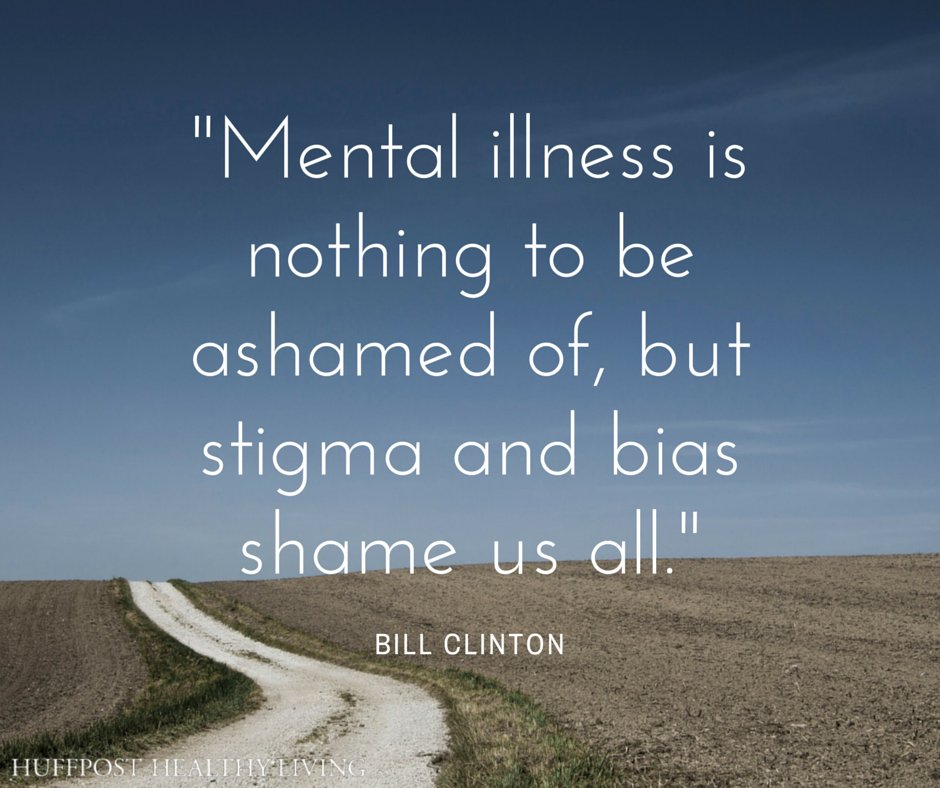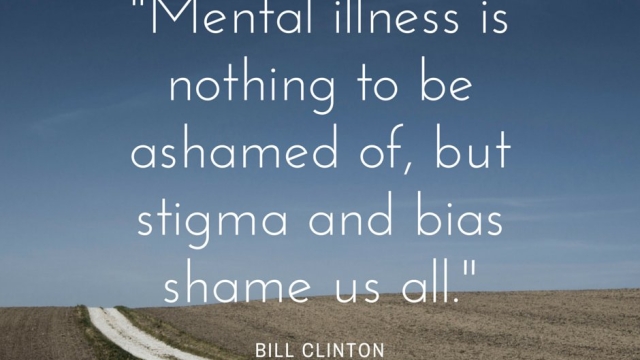
In today’s fast-paced world, the topic of mental health is more relevant and crucial than ever before. Many individuals struggle silently with their mental well-being, facing a myriad of challenges that can often go unnoticed by those around them. It’s essential to acknowledge that mental health issues are not signs of weakness but are rather a natural aspect of the human experience that deserve understanding and support. By shedding light on this important issue, we can begin to break down the stigma surrounding mental health and create a more compassionate and empathetic society.
Therapy Trainings
Statistics on Mental Health
Statistics on mental health highlight the prevalence of various disorders and conditions affecting individuals worldwide. According to recent data, approximately 1 in 5 adults in the United States experience mental illness each year. Furthermore, it is estimated that globally, more than 264 million people of all ages suffer from depression. These statistics underscore the significant impact of mental health challenges on a vast scale.
Moreover, suicide rates serve as a poignant indicator of the severity of mental health issues. It is reported that close to 800,000 individuals die by suicide annually, making it one of the leading causes of death worldwide, particularly among young people. Understanding these statistics is crucial in developing effective prevention strategies and support systems for those in need of mental health assistance.
Additionally, the economic burden of mental health conditions cannot be overlooked. Studies show that serious mental illness costs America over $190 billion in lost earnings per year. This figure highlights the far-reaching consequences of untreated mental health issues, not only on individuals and communities but also on the economy at large. By addressing these statistics head-on, we can work towards a more compassionate and inclusive approach to mental health care.
Common Mental Health Disorders
Anxiety disorders are one of the most prevalent mental health issues worldwide, affecting individuals of all ages and backgrounds. People with anxiety disorders often experience excessive worry, fear, and nervousness that can interfere with daily activities.
Depression is another common mental health disorder that can have a significant impact on a person’s quality of life. Symptoms of depression may include feelings of sadness, hopelessness, and loss of interest in activities that were once enjoyed.
Post-traumatic stress disorder (PTSD) is a mental health condition that can develop after experiencing a traumatic event. Individuals with PTSD may have flashbacks, nightmares, and severe anxiety related to the traumatic experience.
Coping Strategies
When it comes to dealing with mental health challenges, it’s important to have a toolkit of coping strategies at your disposal. One effective technique is mindfulness, which involves being fully present in the moment and acknowledging your thoughts and emotions without judgment. Engaging in regular physical activity is another powerful coping strategy, as exercise releases endorphins that can boost your mood and reduce stress.
Building a strong support system is vital for managing mental health challenges. Whether it’s through trusted friends, family members, therapists, or support groups, having individuals who you can turn to for guidance and encouragement can make a significant difference. Additionally, practicing self-care activities such as getting enough rest, eating nourishing foods, and setting boundaries can help protect your mental well-being.
In times of intense stress or when facing overwhelming emotions, it can be beneficial to utilize relaxation techniques like deep breathing exercises, progressive muscle relaxation, or visualization. These methods can help calm your mind and body, providing relief from anxiety and tension. Remember, coping strategies are personal, and it may take some trial and error to discover what works best for you in managing your mental health.



